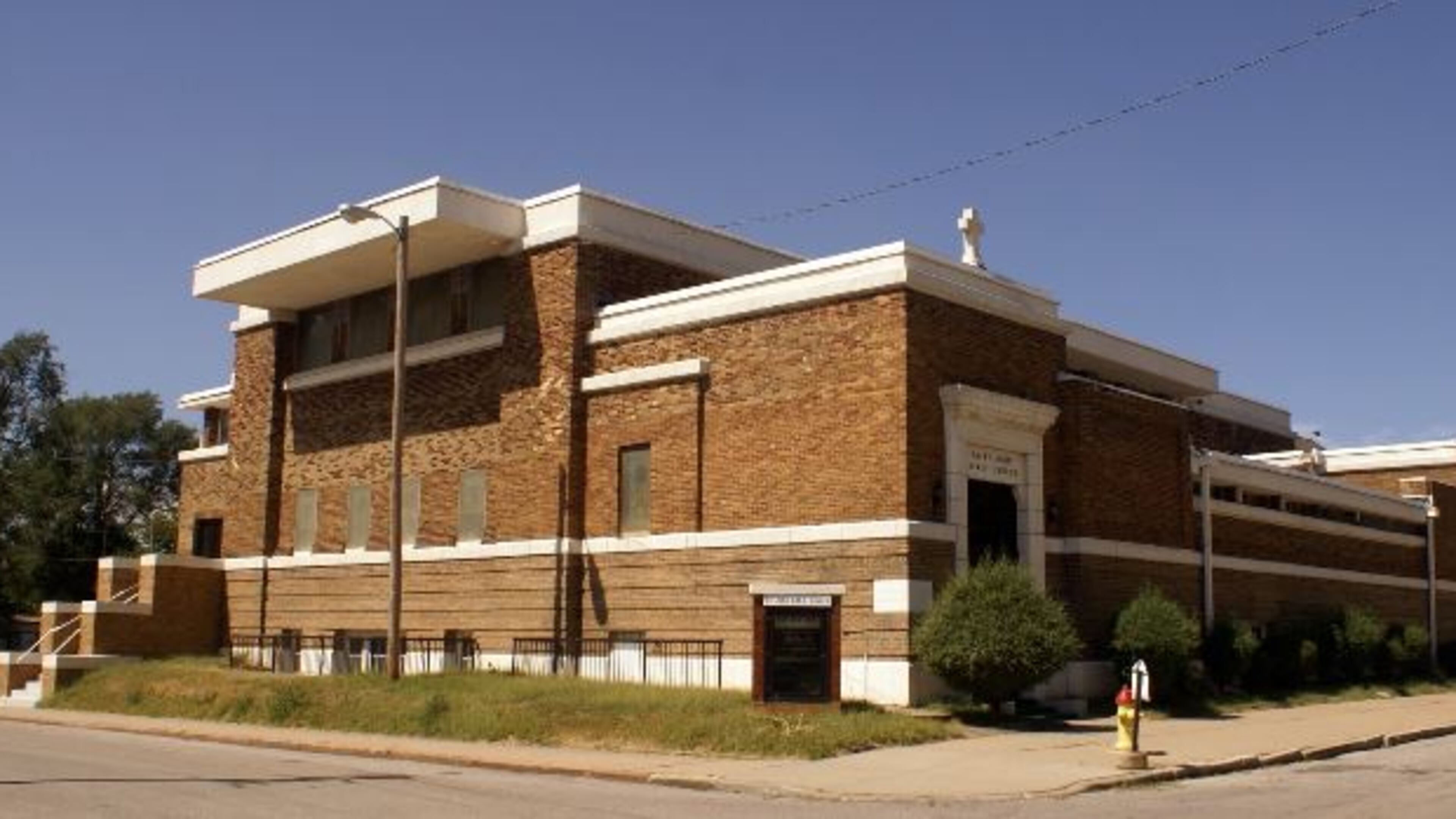Community Voices: Churches are often uptapped resources

At the funeral of Bishop Eddie Long, leader of New Birth Missionary Baptist Church, this week, I recalled the role church played in my life as a child. Although we lived above the poverty line, a household full of at least 10 children at any given time can experience deficits.
We were no different.
It seems that at times there wasn’t enough milk for breakfast or enough assistance to get through difficult homework or enough adult supervision to keep us out of trouble.
That’s where our church helped level the playing field. St. John A.M.E. was one of the largest black churches in Omaha, but one of its mottos was “Everybody is Somebody” there.
Many skeptics today look at churches large and small and think about the offering baskets and the opulence. But I have never attended a church anywhere that charged admission.
Of course, every institution needs funding to keep the lights on and the doors open, but a church is supposed to be where the haves and the have-nots can come together for a united purpose. It’s supposed to be a place where you’re not judged by what’s in your pockets, but valued for what’s in your heart. It’s supposed to be a place where you can help and be helped.
Although I’m not a member of any particular church in metro Atlanta, I’ve attended many.
My husband and older son are members of Berean Christian Church and are active in the ministries to help feed the homeless and transport people to and from church. And my son has made friends and found adult role models to help him navigate his path.
We’ve attended church in just about every county in metro Atlanta through invitations from friends and relatives.
My great-aunt Ruth Butler who passed away a little over a year ago, was a member of Little Friendship Missionary Baptist Church in Decatur. She had her favorite spot on the fifth pew from the front on the right side of the church.
But more than just having a place to go every Sunday for 60 years, she taught Sunday School, volunteered with the Women’s Circle and sung in the choir. In her later years, she moved from someone who did most of the helping to someone who needed a little more help. Her tithe may have dropped as her income went from one of a working woman to a senior on a fixed income, but her dedication never wavered.
I used to think that people like Aunt Ruth were a dying breed. But as I look around the many churches, I see that good people haven’t gone out of style. They may not be exalted in the lyrics of popular music or given public accolades or keys to the city, but they exist.
So when we look at issues plaguing our communities, we should ask ourselves if we’ve utilized resources close at hand to fix some of those ills. Just about every church I’ve been to offers food pantries, tutoring and family counseling.
So those who throw their hands up in despair when they encounter problems should remember that sometimes going back to the old ways can be a solution for the future.

